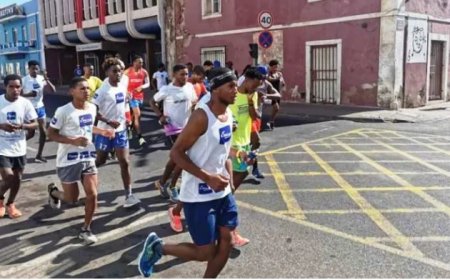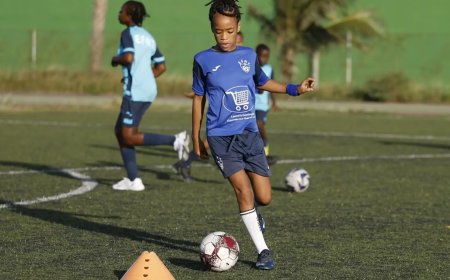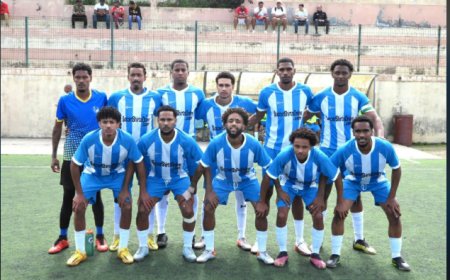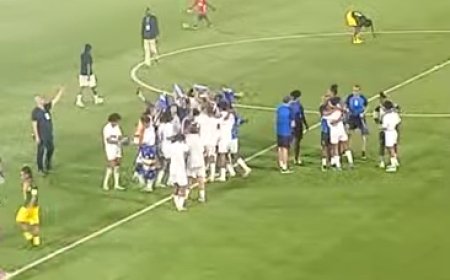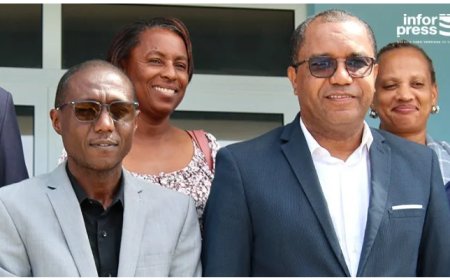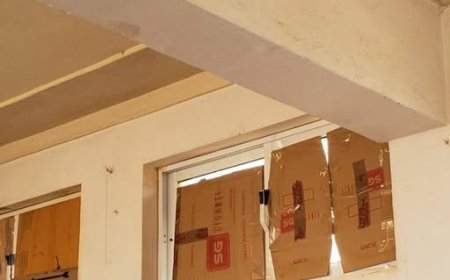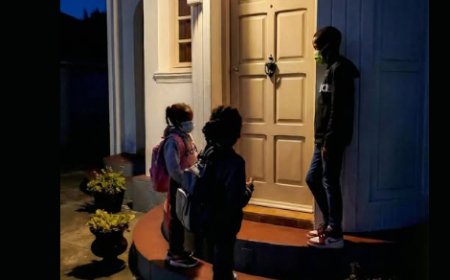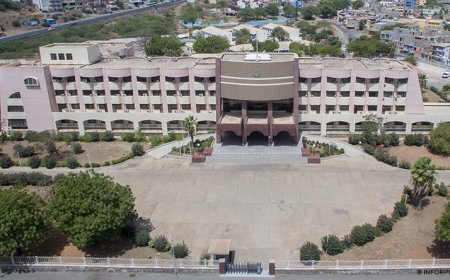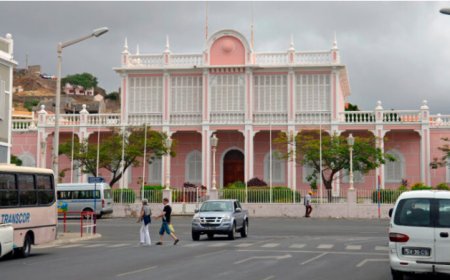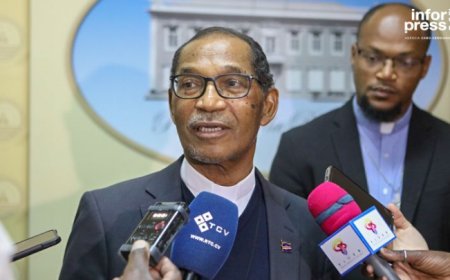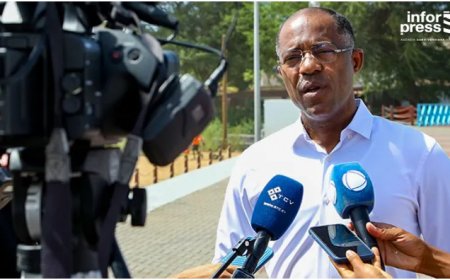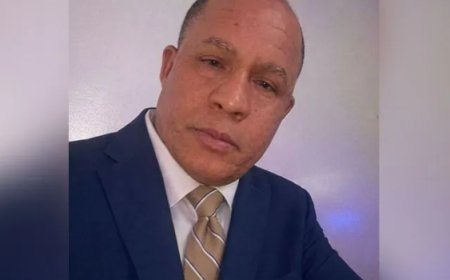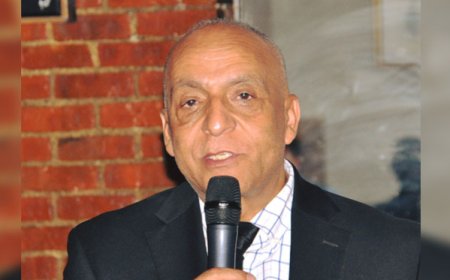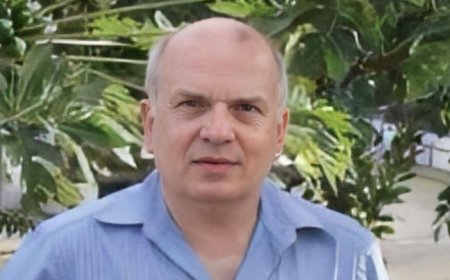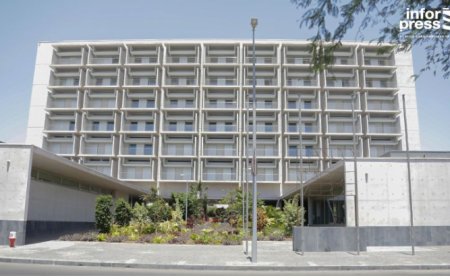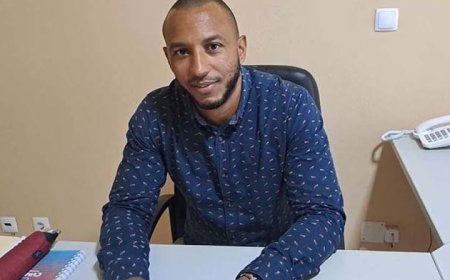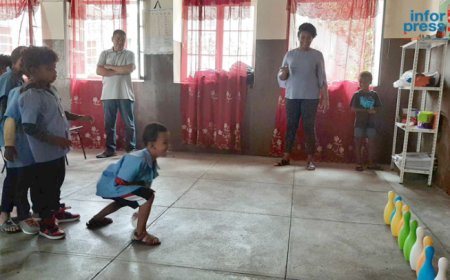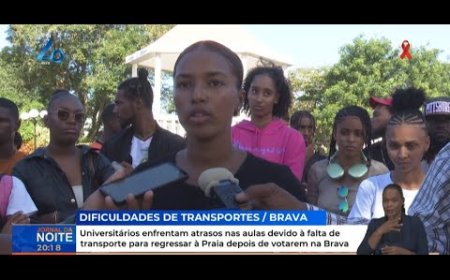Brava: EBNSM ends the second quarter with more than 80% of positive scores – director
The director of the Basic School of Nossa Senhora do Monte made a positive assessment of the second quarter, taking into account the results with more than 80% of positive grades and of these 60% are “quality grades”.
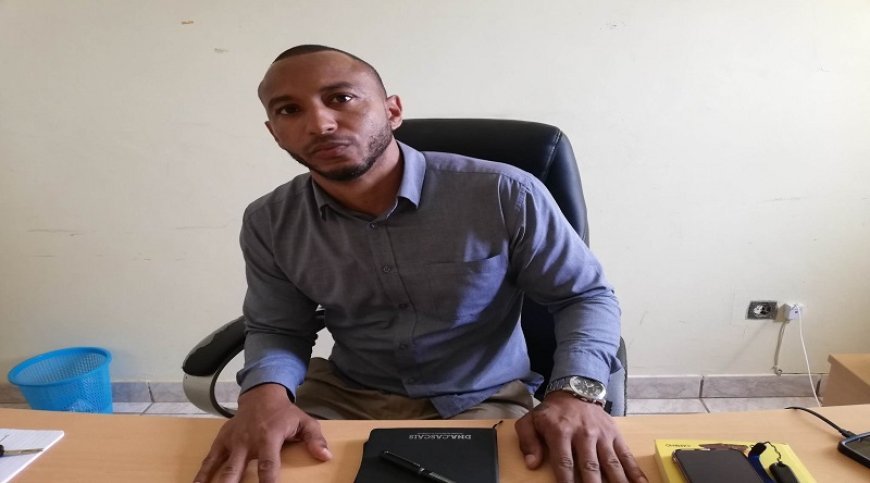
The director of the Basic School of Nossa Senhora do Monte made a positive assessment of the second quarter, taking into account the results with more than 80% of positive grades and of these 60% are “quality grades”.
Speaking to the press, Vergílio Lopes explained that the Escola Básica de Nossa Senhora do Monte (EBNSM) ended the quarter with 424 students, divided into 29 classes from the 1st to the 8th year of Mandatory Basic Education (EBO), under the responsibility of 28 teachers.
And with that, he made a "positive balance", taking into account the results achieved, where he highlighted that more than 80 percent (%) of the grades are positive, stressing that about 60% are grades of quality, thus having approximately 20 % of negative grades.
Even knowing that the evaluation is positive, he highlighted that the concern is, above all, to overcome the percentage of negatives in that quarter, emphasizing that "in general the result is satisfactory, which encourages the team to work towards having more and more it is better".
On the issue of access to school by children who live far from the school, he informed that it is a small group, but with schools dispersed from the main school located in Nossa Senhora do Monte, and for students who attend the 5th to 8th grades that If they travel from Cachaço or other distant areas, they have guaranteed transport at all times under the management of the Municipality of Brava in partnership with Ficase.
With regard to the involvement of parents and guardians, Vergílio Lopes stressed that this has been a concern of the group's management for a long time, justifying that currently what has been verified is a distancing and distance from what is the responsibility on the part of of certain parents and guardians.
But, he added that on the part of the EBNSM, within what is legal, they try to bring the parents closer to the school with exchanges, meetings, contacts, through the class directors, teachers, school management, and even holding meetings in the communities, as they believe that much of what can be success for students passes on to families, in charge of education.
Hence, the director of EBNSM calls for a “greater assumption of responsibility for education” and hopes that society will become increasingly aware of this mission and the collaborative work between the school and the family for a better community.






